You Must Change Your Life
Christina Lee
 Naomi Shihab Nye describes poetry as “a conversation with the world, a conversation with those words on the page allowing them to speak back to you—a conversation with yourself.”A few weeks ago, at AWP, I heard Nye speak on a poetry-activism panel with Luis Rodriguez and Rachel Eliza Griffiths. Griffiths’ photography and poetry gives voice to the grief and rage she feels at the police brutality in America. Rodriguez, the Poet Laureate of Los Angeles, has seen poetry unite his diverse, complicated city. All three poets spoke with a beautiful urgency, reminding us of the power in our art.
Naomi Shihab Nye describes poetry as “a conversation with the world, a conversation with those words on the page allowing them to speak back to you—a conversation with yourself.”A few weeks ago, at AWP, I heard Nye speak on a poetry-activism panel with Luis Rodriguez and Rachel Eliza Griffiths. Griffiths’ photography and poetry gives voice to the grief and rage she feels at the police brutality in America. Rodriguez, the Poet Laureate of Los Angeles, has seen poetry unite his diverse, complicated city. All three poets spoke with a beautiful urgency, reminding us of the power in our art.
This seemed to be the theme of AWP. Claudia Rankine was the keynote speaker. Her book, Citizen, is the perfect example of revolution-inciting poetry.
In fact, every session and panel seemed to be built on this same idea. Throughout the conference, I kept thinking of the last line of Rilke’s “Archaic Torso of Apollo.” After contemplating the beauty and power of the statue, the speaker feels an edict: “You must change your life.”
The Monday after the conference, I drove to work in a bit of a funk. I missed the urgency and energy and buzz of the conference. Then the story of Dagmar and Wali came on NPR and reminded me that returning to regular life was the whole point.
The story concerns a very odd couple: Dagmar Nordberg is a 60-year-old Swedish museum director. Wali Hafiz is a 23-year-old Afghani engineer and refugee. Wali was brutally beaten and left for dead by the Taliban after he refused to support their efforts. He was forced to leave his wife and young daughter and flee to Sweden. This excerpt from the NPR transcript describes Wali and Dagmar’s first encounter:
They met on a train platform in a nearby village on a freezing cold day last November.
"He was standing there in a T-shirt, with his jeans and his cotton shoes," Nordberg recalls. "And I thought he was just one of these boys playing computer games all day long. And I've come to that age where I can say things, so I just passed him by and I said, 'It's winter!' "
Hafiz says he had so many problems he couldn't think about the weather. And besides, he didn't own a jacket. Nordberg remembers he was so stressed that he was sweating, but he replied politely.
"He said, 'I know, ma'am,'" she says. "That was the first time I heard Wali's voice."
Nordberg says she understood then that he was a lost refugee and she could either go on with her life or help him. "I just knew I had this choice here and now, and whatever I do will have consequences," she says.
So she took him in, taught him English, and secured him an apprenticeship. If you play the story to the end, you’ll hear them laughing together at her kitchen table…two unlikely kindred spirits.
I’m sure Dagmar, as a museum director, would have liked what Nye, Rodriguez, Griffiths and Rankin had to say at AWP, if she’d been able to hear it. I’m sure that when she curates the art in her museum, she looks for works that challenge and inspire change.
What amazes me is the way she altered her life in one moment, because of one encounter. Her story reminds me that it isn’t enough to listen to great speakers or to feel moved by great art. We must also be willing to take action.
I can’t get over that line she called out over the train platform— “It’s winter.”
Those words did what Nye says all poems should do. They connected strangers and moved them from hostility to understanding. They began a conversation. And ultimately, they transformed.
Printed out on a page, separated from their story, they might not look like much.
It’s Winter.
Still, that’s the best poem I’ve heard in years.

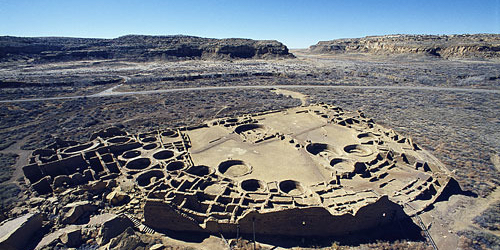 "Knowing is the responsible human struggle to rely on clues to focus on a coherent pattern and submit to its reality."
"Knowing is the responsible human struggle to rely on clues to focus on a coherent pattern and submit to its reality."  It’s hard writing about the salty Gulf Coast without the taste of fried biscuits in Mendenhall, Mississippi, or the hypnotic curves of rice paddies in southeast Arkansas, the lonely cotton gins and weathered Baptist churches that survive calamitous storms year after year. Before we can throw our bodies into the roiling sea, there’s a rite of passage we must traverse. It takes nine-and-a-half hours to drive from Little Rock to Orange Beach. Nine-and-a-half hours of poverty and the whims of commodity crop economics. It used to be cotton and rice. Now it’s GMO corn and soy. “You can’t even eat that corn,” my mom would say. A black cloud of starlings shoots past us. “I know, it all goes to the cows outside Denver,” I would reply. Dollar General replaced the mom-and-pop small town shops, and now even those soul-starved places are empty, only to be filled by storefront churches promising salvation by the highway. One sign reads Just Church. Fast food wrappers skitter along asphalt and half-smashed snakes. Upturned armadillos try to hold up the sky with their stubby legs. Meanwhile, kudzu swallows up longleaf pines and the lives that depend on them, and the forest turns into a tomb, encased by this foreign, medicinal vine only Agent Orange could knock out. The roadside greenbelt looks more like a freak show displaying storybook monsters frozen in time – their movements, their joys, their battles all swallowed up by this relentless vine. I don’t care how medicinal it is and what the rumors are for curing cancer. That vine is killing the forests.
It’s hard writing about the salty Gulf Coast without the taste of fried biscuits in Mendenhall, Mississippi, or the hypnotic curves of rice paddies in southeast Arkansas, the lonely cotton gins and weathered Baptist churches that survive calamitous storms year after year. Before we can throw our bodies into the roiling sea, there’s a rite of passage we must traverse. It takes nine-and-a-half hours to drive from Little Rock to Orange Beach. Nine-and-a-half hours of poverty and the whims of commodity crop economics. It used to be cotton and rice. Now it’s GMO corn and soy. “You can’t even eat that corn,” my mom would say. A black cloud of starlings shoots past us. “I know, it all goes to the cows outside Denver,” I would reply. Dollar General replaced the mom-and-pop small town shops, and now even those soul-starved places are empty, only to be filled by storefront churches promising salvation by the highway. One sign reads Just Church. Fast food wrappers skitter along asphalt and half-smashed snakes. Upturned armadillos try to hold up the sky with their stubby legs. Meanwhile, kudzu swallows up longleaf pines and the lives that depend on them, and the forest turns into a tomb, encased by this foreign, medicinal vine only Agent Orange could knock out. The roadside greenbelt looks more like a freak show displaying storybook monsters frozen in time – their movements, their joys, their battles all swallowed up by this relentless vine. I don’t care how medicinal it is and what the rumors are for curing cancer. That vine is killing the forests. Read
Read  Last night I dreamt that I got lost again. It’s a frequent dream for me: I can’t find my car or my way home. While that type of dream may have metaphorical meaning for some people, I think it is most likely pretty literal for me. When I was a kid, sometimes I had to ask my friends at sleepovers to remind me where their bathroom was because I couldn’t quite remember their house layout and I was scared of opening the wrong door. Before smart phones and GPSs, using public transit was a complete nightmare. In addition to having the tendency of getting lost, I am also pretty good at remaining unseen. It was not that uncommon for me to be the last one sitting on the bus patiently awaiting my destination when the driver would turn around, and, with a start say, “I had no idea there was still a passenger on here!” Sometimes, I had gotten on the right bus, but on the wrong side of the street and so ended up at the other side of the city.
Last night I dreamt that I got lost again. It’s a frequent dream for me: I can’t find my car or my way home. While that type of dream may have metaphorical meaning for some people, I think it is most likely pretty literal for me. When I was a kid, sometimes I had to ask my friends at sleepovers to remind me where their bathroom was because I couldn’t quite remember their house layout and I was scared of opening the wrong door. Before smart phones and GPSs, using public transit was a complete nightmare. In addition to having the tendency of getting lost, I am also pretty good at remaining unseen. It was not that uncommon for me to be the last one sitting on the bus patiently awaiting my destination when the driver would turn around, and, with a start say, “I had no idea there was still a passenger on here!” Sometimes, I had gotten on the right bus, but on the wrong side of the street and so ended up at the other side of the city.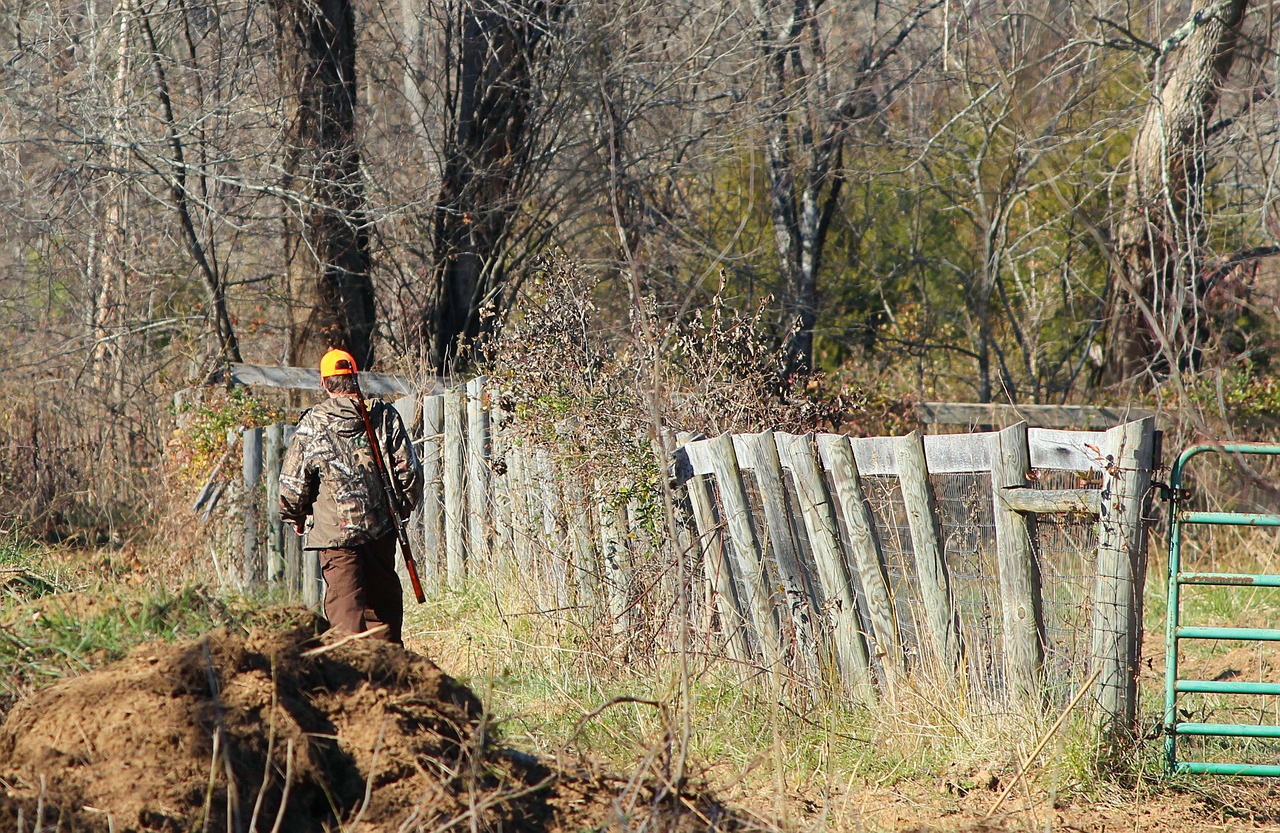 This fall, I plan to take my twelve-year old pheasant hunting for the first time, as my father took me. Last fall, when he was eleven, I took Micah out to shoot in a gravel pit outside of town, after which time I had one question:
This fall, I plan to take my twelve-year old pheasant hunting for the first time, as my father took me. Last fall, when he was eleven, I took Micah out to shoot in a gravel pit outside of town, after which time I had one question:

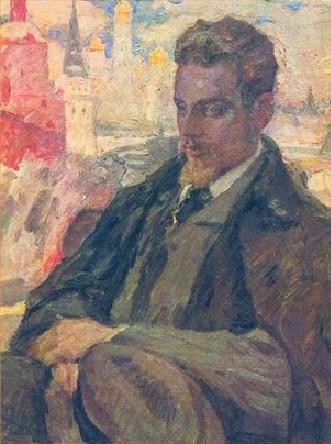 Sometimes, when I’m burnt out, I look to Rilke. Not his
Sometimes, when I’m burnt out, I look to Rilke. Not his 
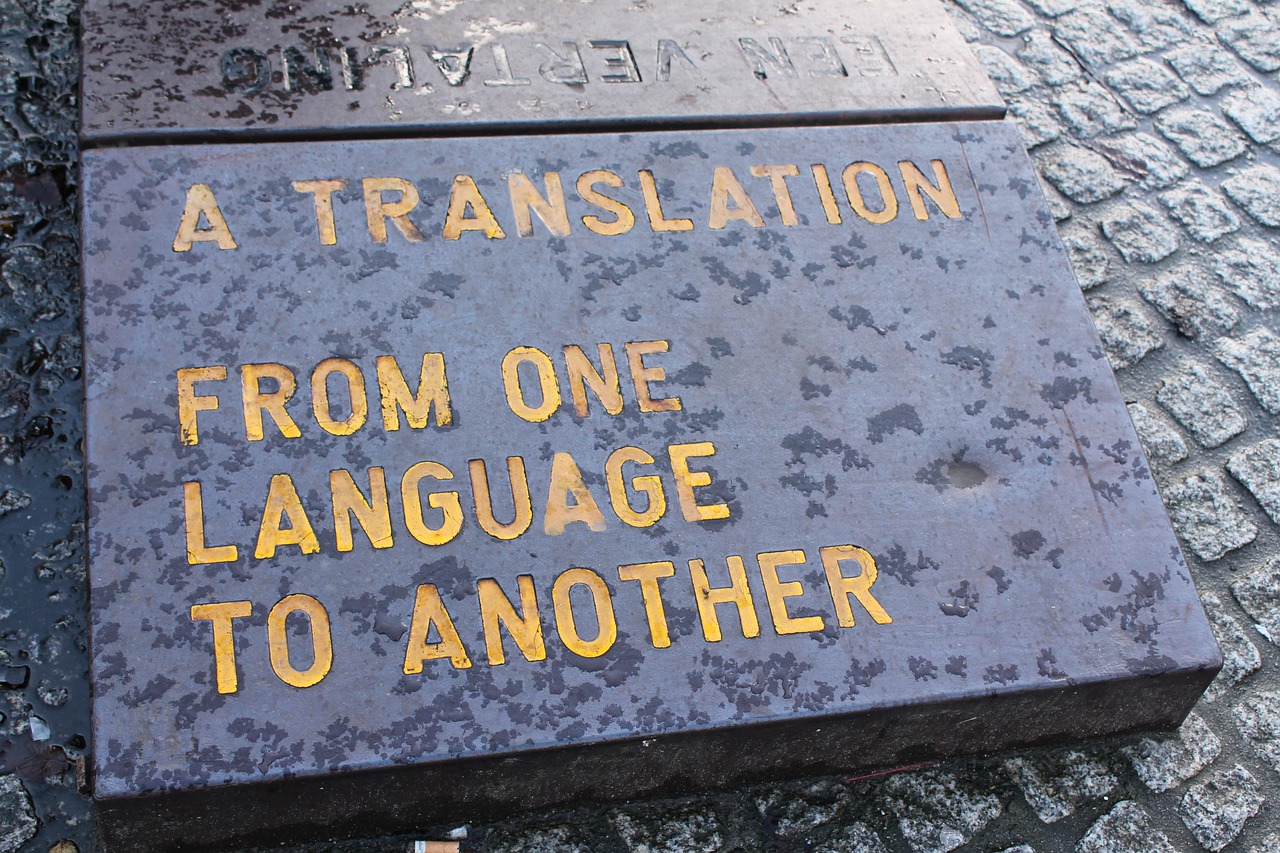 The documents are in folders, carefully taken out and laid upon my desk. Others have been folded and refolded; the creases have become a part of the paper. They are birth and marriage and death certificates, transcripts and diplomas. I scan the documents and send the file to one of my translators. After a few hours or days, the translated words in English are sent back. I look through, edit and check. The documents are filled with words like certify, signature, official, issued, expire; it’s pretty straightforward stuff.
The documents are in folders, carefully taken out and laid upon my desk. Others have been folded and refolded; the creases have become a part of the paper. They are birth and marriage and death certificates, transcripts and diplomas. I scan the documents and send the file to one of my translators. After a few hours or days, the translated words in English are sent back. I look through, edit and check. The documents are filled with words like certify, signature, official, issued, expire; it’s pretty straightforward stuff. 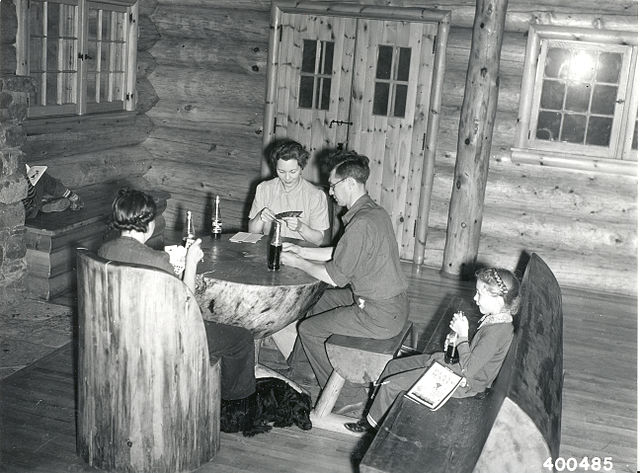 As holidays with my extended family arrive, so does the expectation of playing games. Whether in a pool, in the snow, in a gym, on the floor of a living room, or, especially, at the table. Ah! The evening table game. We’ve played everything from “Awkward Family Photos” to “Risk” to “Tenzi” to “Reverse Charades” to the incredible, mind-bending card game “Killer Bunnies”.
As holidays with my extended family arrive, so does the expectation of playing games. Whether in a pool, in the snow, in a gym, on the floor of a living room, or, especially, at the table. Ah! The evening table game. We’ve played everything from “Awkward Family Photos” to “Risk” to “Tenzi” to “Reverse Charades” to the incredible, mind-bending card game “Killer Bunnies”.
 The grammarian
The grammarian 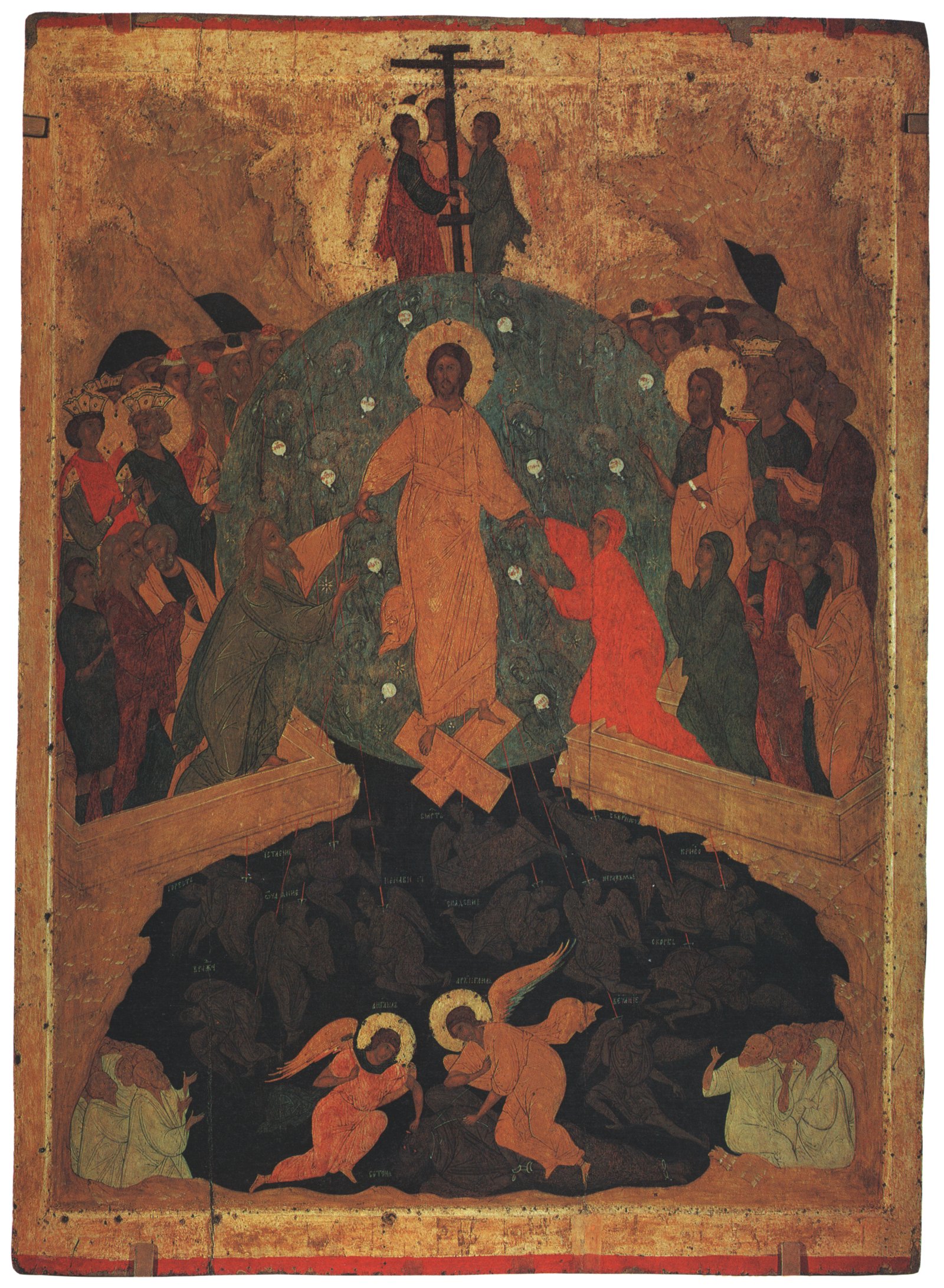
 Once our boys left home Bev and I were thrust into quick adjustments akin to riders just off the tilt-a whirl. Our stable orbits missed the gravity of their presence. The momentum of parenting doesn't go away once you've spun your progeny off and into the world. So we rotated and balanced the tires, refurnished repainted rooms, re-sized the recipes and learned new steps.
Once our boys left home Bev and I were thrust into quick adjustments akin to riders just off the tilt-a whirl. Our stable orbits missed the gravity of their presence. The momentum of parenting doesn't go away once you've spun your progeny off and into the world. So we rotated and balanced the tires, refurnished repainted rooms, re-sized the recipes and learned new steps.
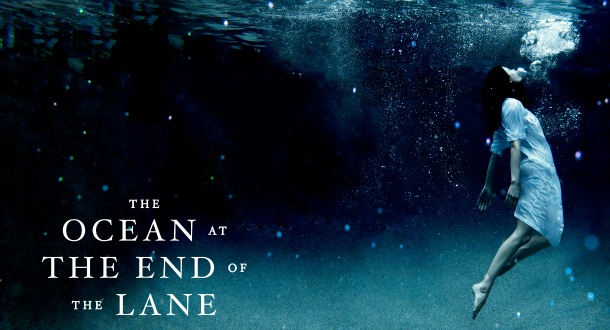 “I held on to Ginnie Hempstock. She smelled like a farm and like a kitchen, like animals and like food. She smelled very real, and the realness was what I needed at that moment.”
–Neil Gaiman,
“I held on to Ginnie Hempstock. She smelled like a farm and like a kitchen, like animals and like food. She smelled very real, and the realness was what I needed at that moment.”
–Neil Gaiman, 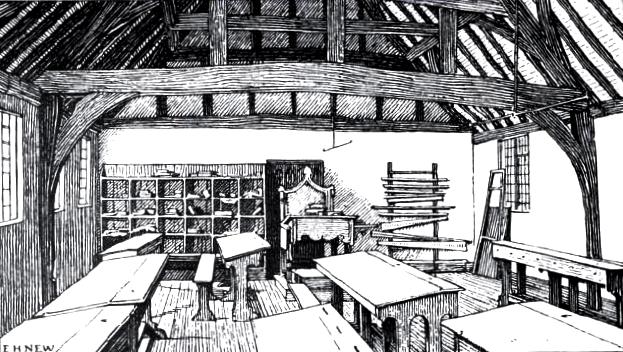 “Mrs. Feyen, do you like professional football teams?” This comes from George, one of my 8th grade students. He’s asking me about football because I’m wearing a Notre Dame t-shirt today. I probably shouldn’t be wearing it; it’s not very professional, but every so often I get dreadfully homesick for the Midwest and this morning as I got dressed I decided to pull Notre Dame over my head and feel a little of South Bend on me as I walked through the day.
“Mrs. Feyen, do you like professional football teams?” This comes from George, one of my 8th grade students. He’s asking me about football because I’m wearing a Notre Dame t-shirt today. I probably shouldn’t be wearing it; it’s not very professional, but every so often I get dreadfully homesick for the Midwest and this morning as I got dressed I decided to pull Notre Dame over my head and feel a little of South Bend on me as I walked through the day.